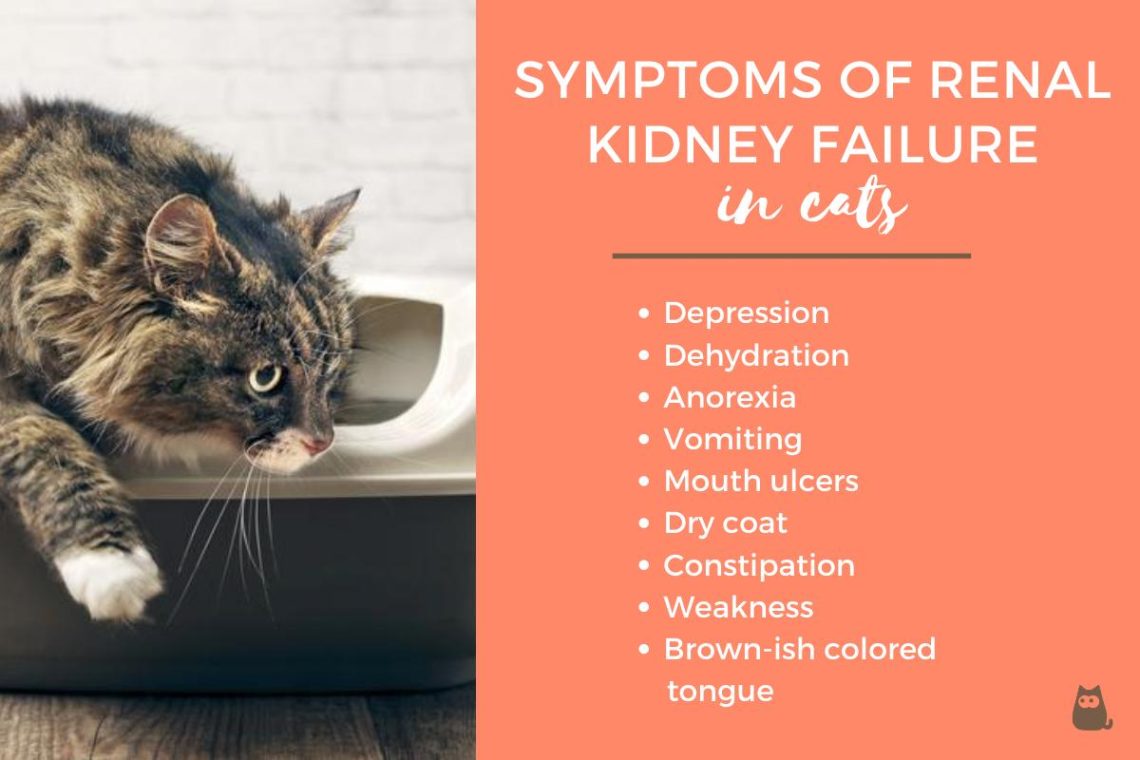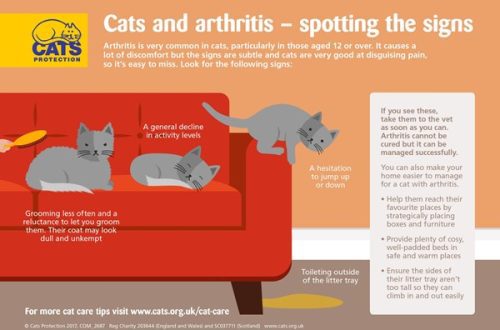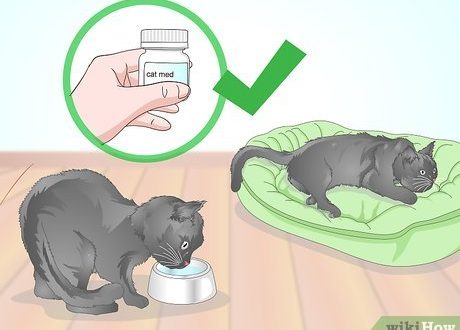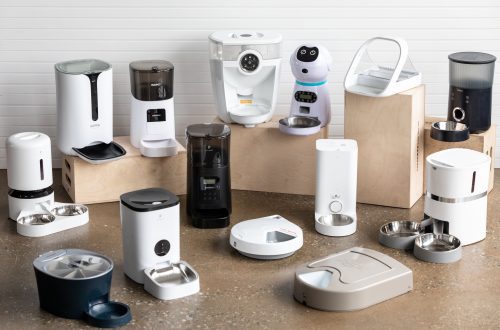
Renal failure in cats and cats
Stage 1 kidney disease in cats is an important problem regardless of their age. However, with the right treatment and nutrition, you can keep your pet in good health and in control.
kidney disease
In simple terms, kidney disease (also called kidney failure) is the loss of kidney function. It can be chronic (slow and long-term) or acute (sudden). The kidneys filter the blood and excrete urine, so impaired kidney function can lead to a number of health problems. According to the Center for Feline Health at Cornell University’s College of Veterinary Medicine, cats with kidney disease “may accumulate waste products and other compounds in the blood that are normally excreted or regulated by the kidneys.” This accumulation of toxins can in turn lead to other health problems, including high blood pressure or anemia (combined with other factors).
Stage 1 is the first level of chronic kidney disease in cats, or the earliest condition that the disease can be diagnosed. Researchers are not entirely sure why cats develop the disease, but other health problems such as infection, virus, gum disease, and dehydration can lead to it. Some kittens can inherit the disease from their parents. Typically, kidney disease develops in older cats, but it can also occur in younger cats.
Symptoms
According to the Pet Health Network, every third cat suffers from this disease, which, unfortunately, is not so easy to detect. “Most cats don’t show outward signs of kidney disease until the problem is very serious. Even when present, early signs of kidney disease in cats are easy to miss, including slight weight loss, more frequent urination, and drinking more water.” Lethargy or lack of energy, decreased or lost appetite, and vomiting are often clear signs of a problem. Therefore, keep a close eye on your pet’s condition and if you notice these or other changes, make an appointment with your veterinarian immediately, as the disease can progress rapidly if not treated early.
Diagnosis and treatment
When you bring your cat in for a check-up, they will have several tests done to determine if they have kidney disease.
Traditionally, in animals with chronic kidney disease (usually older), the veterinarian specifically checks the levels of two “biochemical waste products”, explains the VCA Veterinary Clinic: blood urea nitrogen (BUN) and creatinine, as well as urine specific gravity (USpG). Another option is to do a protein-to-creatinine ratio test to measure proteinuria.
Recently, another test has been developed that allows veterinarians to diagnose kidney failure, both chronic and acute, much earlier. IDEXX SDMA is “a renal biomarker that is representative of kidney function. SDMA has proven to be a more accurate measure than creatinine, allowing veterinarians to detect acute kidney injury and chronic kidney disease.” This test identified 2,4 times more pets with early stage kidney disease than before. The sooner and more accurately your furry baby is diagnosed, the sooner you can start treatment.
If the disease is detected in the early stages, especially at stage 1, it is much easier to treat by changing the nutrition system. Your veterinarian may recommend a diet food.
Food
Nutrition is a key component to your pet’s well-being, especially for older cats (which can show signs of aging as early as seven years old) when problems like kidney disease play a more prominent role. It is very important to adapt to the changing nutritional needs of an aging cat, such as choosing the right cat food to keep her healthy.
For example, phosphorus, found in protein-rich foods such as meat and fish, is also found in pet foods. However, as PetMD emphasizes, phosphorus levels need to be monitored in cats with chronic kidney disease. “Phosphorus is excreted from the body through urine, and when kidney function is impaired, phosphorus levels in the body begin to rise. The easiest way to reduce blood phosphorus is to limit the amount your cat consumes in the diet.” The optimal level of phosphorus intake depends on the condition of your cat’s kidneys, which will be explained to you by your veterinarian. Hills is serious about formulating its cat food to ensure your pet gets the right amount of nutrients to keep them happy and healthy. Ask your veterinarian if Prescription Diet is right for your cat.
Stage 1 kidney disease is not easy to detect, but as a vigilant and caring cat owner, you can identify any possible dangerous diseases in your pet at an early stage. Careful monitoring, early intervention, and active treatment all go a long way in ensuring your cat has a long, healthy life.





